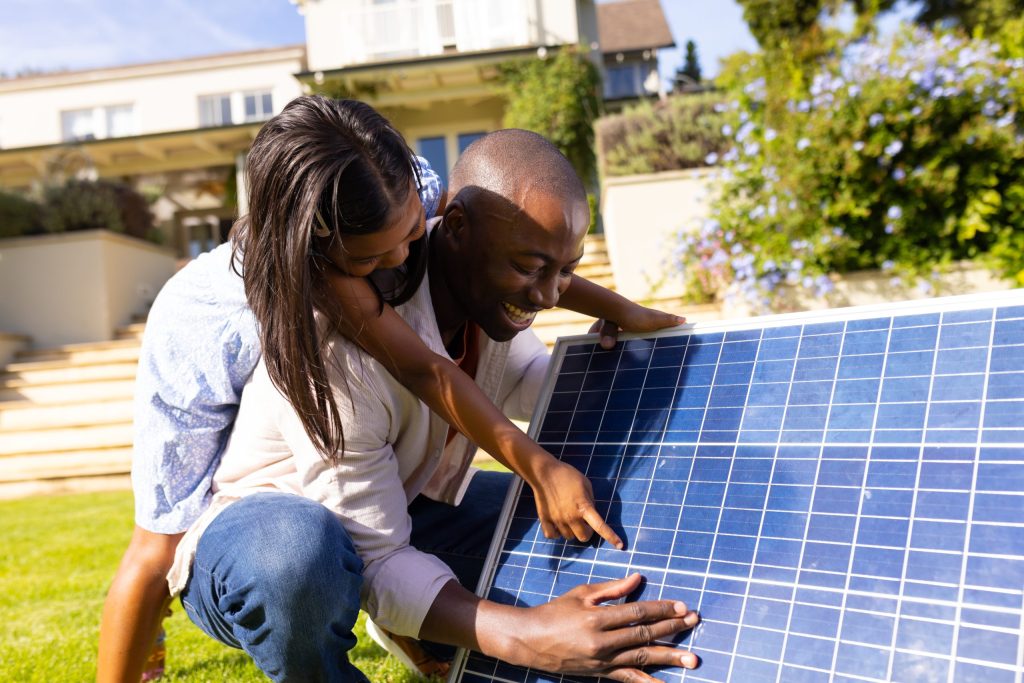With growing concerns about climate change and rising energy costs, many homeowners and businesses are considering solar panels as a renewable energy solution.
But the question remains: Are solar panels worth the investment?
To make an informed decision, we need to explore the financial, environmental and practical aspects of installing solar panels.
Financial Benefits
- Cost of Installation
The initial cost of purchasing and installing solar panels can be significant. Depending on the size of the system and location, initial investments can range from KES 50,000 to KES 300,000.
However, various government policies and incentives can substantially reduce these costs. For example, the Kenyan Income Tax Act provides a 100% deduction for the cost of installing solar panels for businesses.
- Energy savings
One of the primary financial benefits of solar panels is the reduction in electricity bills. Depending on the system size and energy consumption, homeowners can save hundreds to thousands of shillings annually.
Over the lifespan of the solar panels, which is typically 25 to 30 years, these savings can accumulate to a substantial amount.
- Return on Investment (ROI)
The ROI on solar panels depends on factors such as local electricity rates, solar panel efficiency, and available sunlight. On average, homeowners can expect to break on their investment within 6 to 10 years.
After this period, the electricity generated is essentially free, offering substantial long- term savings.
- Increase in Property Value
Installing solar panels can increase the value of your property. Homes equipped with solar energy systems tend to sell faster and at higher prices than those without.
This added value can make the investment even more worthwhile.
Environmental Impact
- Reduction in Carbon Footprint
Solar energy is a renewable source of power that significantly reduces greenhouse gas emissions.
By switching to solar, an average household can offset the carbon emissions equivalent to planting thousands of trees over the system’s lifespan.
- Energy Independence
Solar panels allow you to generate your own electricity, reducing reliance on fossil fuels and enhancing energy independence.
This shift supports a more sustainable and resilient energy grid.
- Sustainable Development
Investing in solar energy supports the growth of green technology and sustainable practices, helping to combat climate change and promote environmental conservation.
Practical Considerations
- Maintenance and Durability
Solar panels require minimal maintenance, primarily involving periodic cleaning and occasional inspections.
Most solar systems come with warranties that cover 20 to 25 years, ensuring long-term reliability.
- Technological Advancements
The solar industry continues to innovate, with improvements in panel efficiency, energy storage solutions, and smart grid integration.
These advancements enhance the performance and appeal of solar energy systems.
- Local Climate and Sunlight
The effectiveness of solar panels depends on the amount of sunlight available. Regions with high solar insolation will see greater benefits.
However, even in areas with less sunlight, solar panels can still provide significant energy savings and environmental benefits.
So, are solar panels worth the investment? For many homeowners and businesses, the answer is yes.
While the initial investment may be substantial, the long- term gains- both financial and environmental- make solar energy a smart and sustainable investment.
It is essential to evaluate your individual energy needs, government incentives, and climate conditions to determine whether solar panels are the right choice for you.
